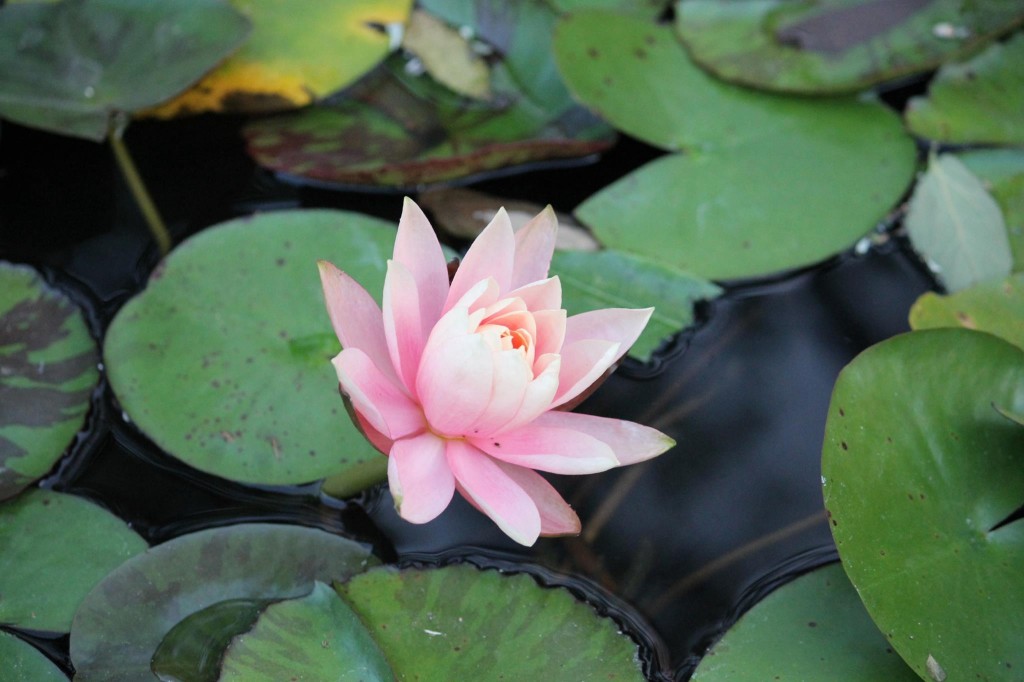[Photo credit: Priya Ramesh, Coorg India. 2013]
On Monday, I shared information about the benefits of mindful meditation and being present and how they positive affected stress and the hormone cortisol. I cannot stress the importance of incorporating stress busters into your life; not only is your mental health at stake but the risks to your overall health are numerous. If meditation is not your thing, there are other strategies to consider, including yoga, Tai Chi, acupuncture and deep breathing. There is also Qigong.
Qigong is a Chinese practice harkening back more than 4,000 years. In many ways, it incorporates the best of several strategies, including alignment of movement and breath, meditation and yoga (strength, flexibility). My friend and colleague, Jeri Hemerlein, teaches a female-specific form of Qigong at the Yoga Center in Columbia, MD. Known as Radiant Lotus Qigong, Jeri describes it as a flowing form combining ancient Chinese and Tibetan techniques to health issues unique to women. Radiant Lotus Qigong uses the lotus flower as a metaphor for female resilience and flexibility. The movements open the body’s energy, gently stretching and releasing tension from muscles, joints and spine while waking up the immune system. The form seeks to enhance the whole body health of women from menstruation to post menopause, while supporting the Divine Feminine nature and helping the woman return to an innate state of loving compassion, wisdom and inner strength during times of stress and intense emotions. The form was created by Advance Qigong practitioner Daisy Lee, who developed it after studying with various Qigong teachers who were able to successfully address women-specific issues through original and individual forms.
If you visit Daisy’s website, you can learn more. Or, if you are local to the DC/MD area, you can attend a workshop that I am blessed to be giving with Jeri on April 23, 2013 at 6:30 pm in Annapolis. ‘Cultivate Your Inner Lotus: Menopause, Stress & Qigong” aims to help you gain a better understanding of stress during menopause and provide you with specific techniques to address it on your own. I hope that you’ll consider joining us.
Cultivating your inner lotus may be the best thing you can do for yourself.







